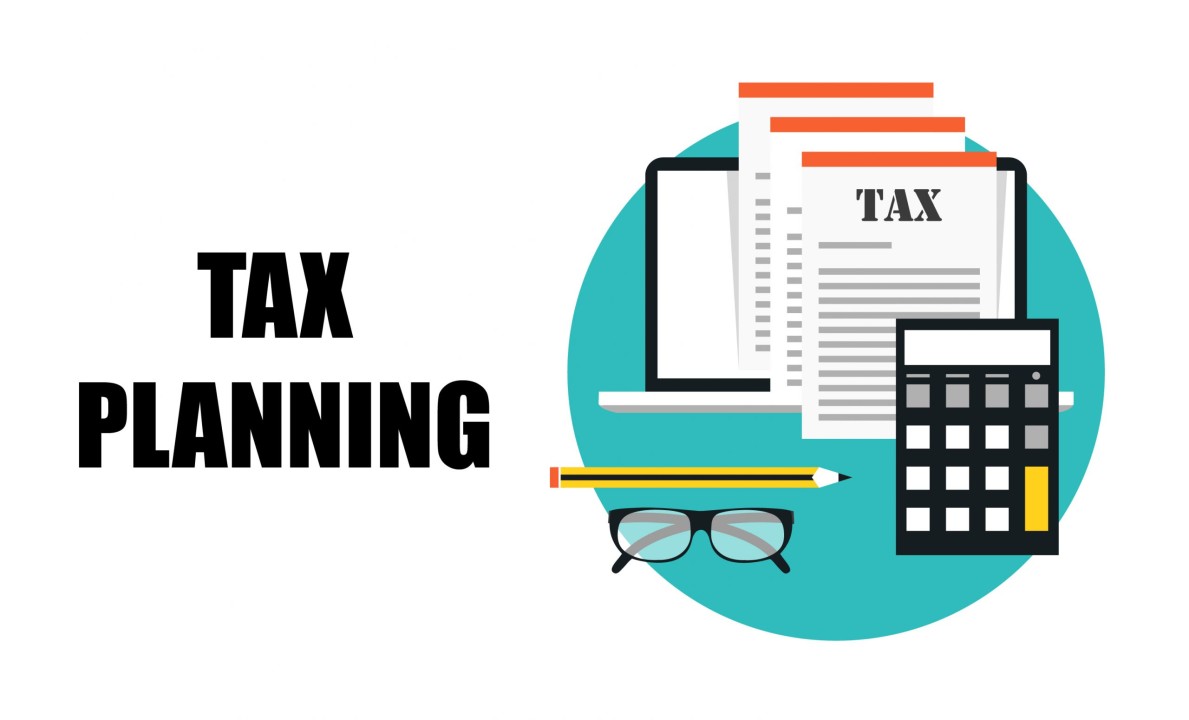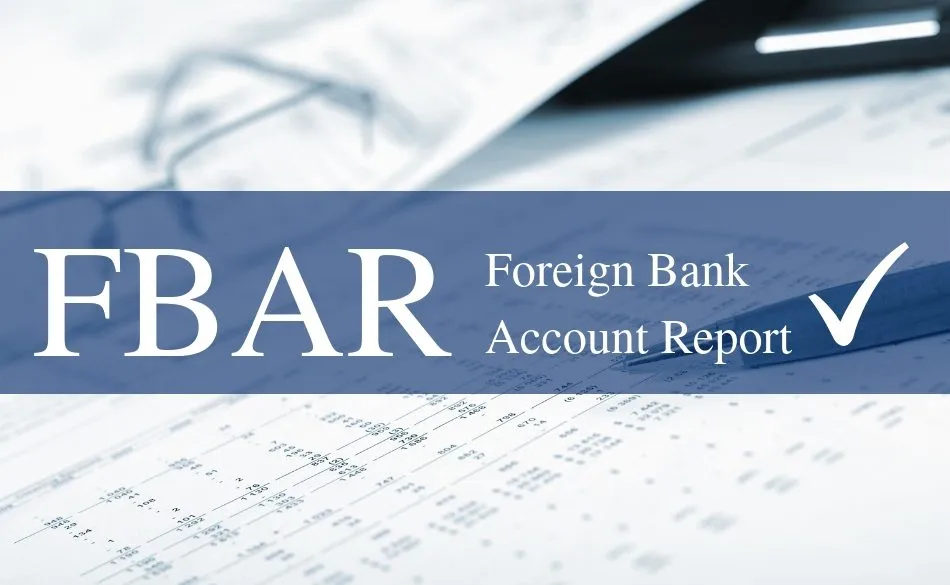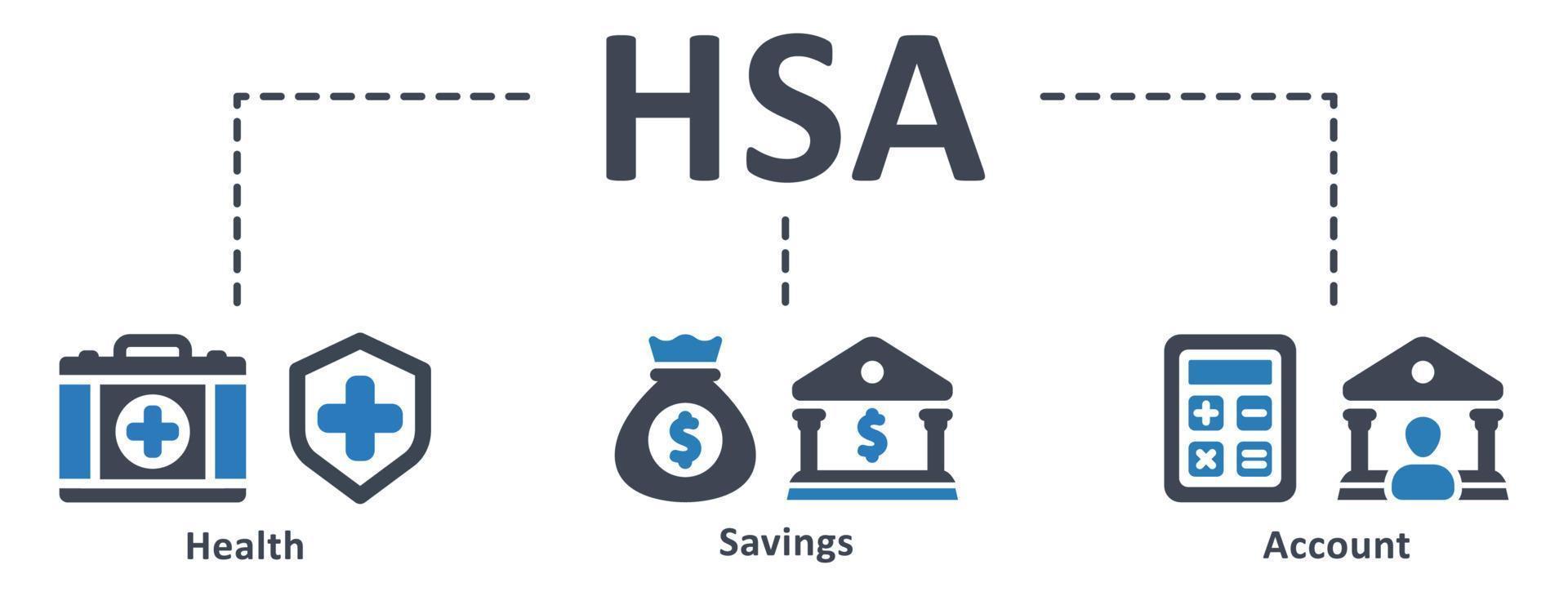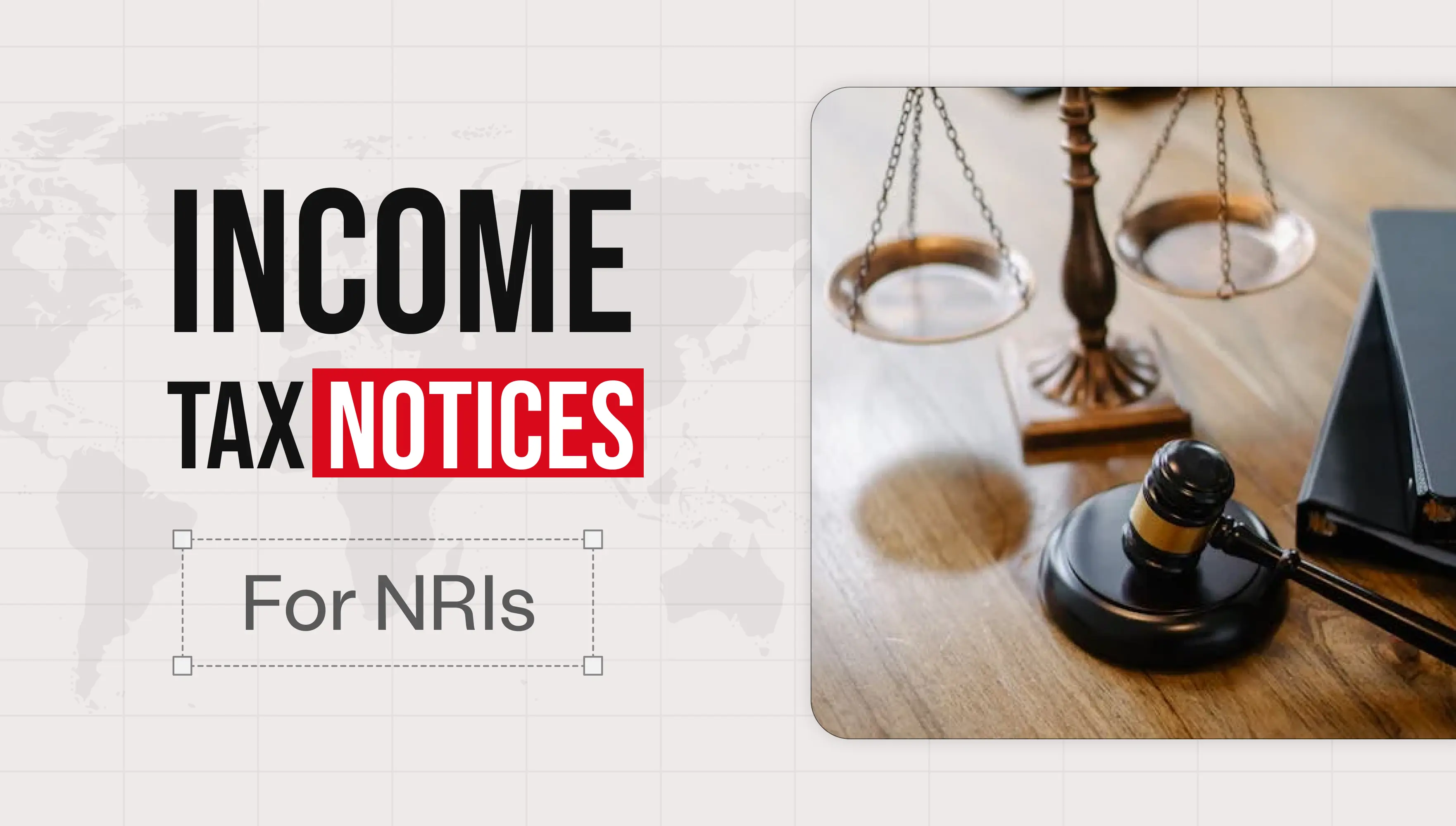 WhatsApp
WhatsApp
 Call Us
Call Us
 Email Us
Email Us
 Whatsapp Community
Whatsapp Community

The Union Budget 2025-26 has introduced a game-changing reform—zero tax on annual incomes up to ₹12 lakh under the new tax regime. This is fantastic news for India’s middle-class residents, but a pressing question remains: Can NRIs claim this exemption too?
Under Section 87A of the Income Tax Act, resident individuals with annual earnings up to ₹12 lakh are eligible for a rebate of up to ₹60,000, effectively making their tax liability zero.
The answer is no. NRIs are excluded from this lucrative tax benefit, and here's why:
NRIs with income sources like rent, capital gains, or interest earned in India can benefit from the increased basic exemption limit of ₹4 lakh (up from ₹3 lakh) under the new tax regime. However, if their income exceeds ₹4 lakh, they will not be able to claim the Section 87A rebate.
Yes. Returning NRIs who qualify as "Resident but Not Ordinarily Resident" (RNOR) for up to two years can claim the rebate under Section 87A.
While the ₹12 lakh exemption may not be available, NRIs can still optimize their tax liabilities using the following strategies:
Understanding your residency status is crucial for accurate tax filing. Residency status determines the benefits you can claim and your tax obligations under Indian law.
Staying informed and proactive is essential to navigate India's evolving tax landscape. Evaluate your residency status, explore tax-saving options, and seek professional advice for optimal outcomes.
Visit DineshAarjav.com for expert insights on NRI taxation, financial strategies, and the latest updates tailored specifically for NRIs.







Stay in the loop, subscribe to our newsletter and unlock a world of exclusive updates, insights, and offers delivered straight to your inbox.